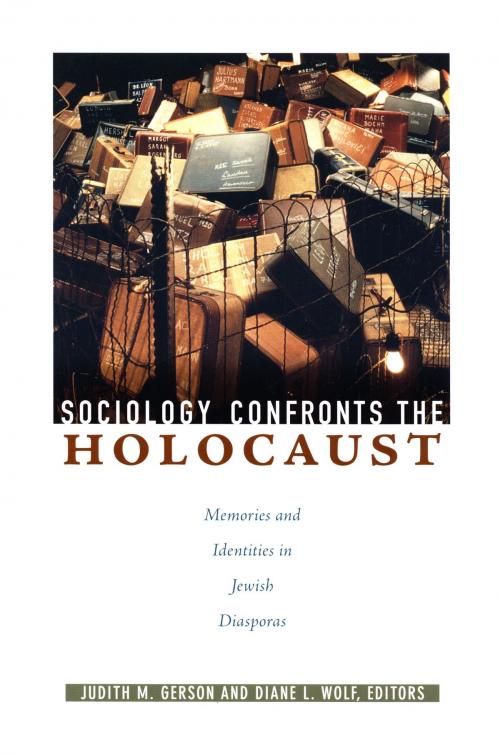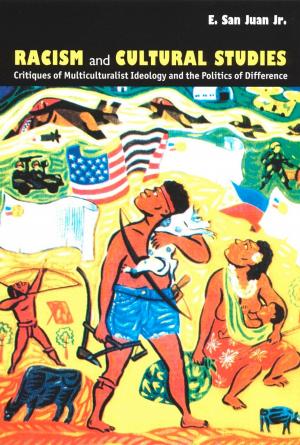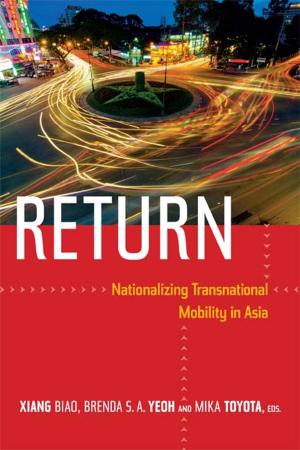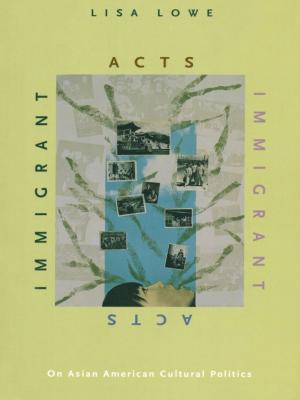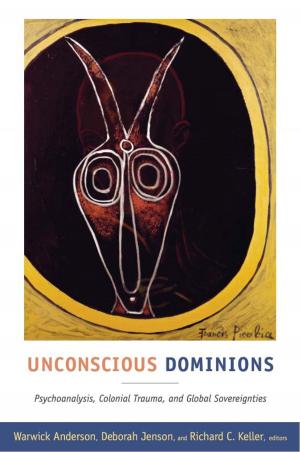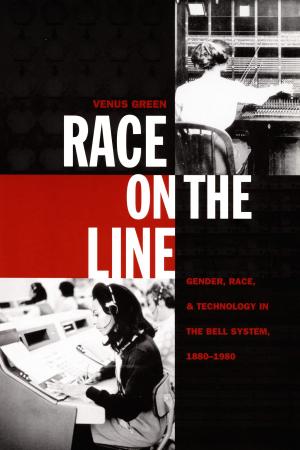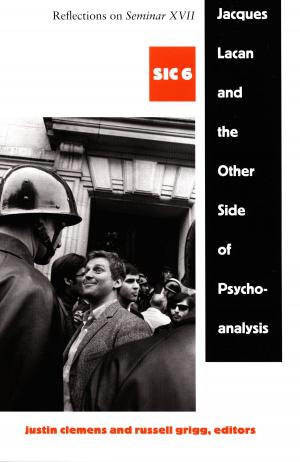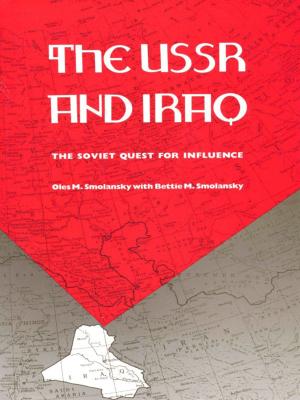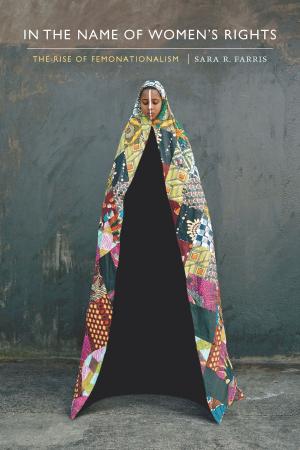Sociology Confronts the Holocaust
Memories and Identities in Jewish Diasporas
Nonfiction, Social & Cultural Studies, Social Science, Sociology| Author: | ISBN: | 9780822389682 | |
| Publisher: | Duke University Press | Publication: | July 11, 2007 |
| Imprint: | Duke University Press Books | Language: | English |
| Author: | |
| ISBN: | 9780822389682 |
| Publisher: | Duke University Press |
| Publication: | July 11, 2007 |
| Imprint: | Duke University Press Books |
| Language: | English |
This volume expands the intellectual exchange between researchers working on the Holocaust and post-Holocaust life and North American sociologists working on collective memory, diaspora, transnationalism, and immigration. The collection is comprised of two types of essays: primary research examining the Shoah and its aftermath using the analytic tools prominent in recent sociological scholarship, and commentaries on how that research contributes to ongoing inquiries in sociology and related fields.
Contributors explore diasporic Jewish identities in the post-Holocaust years; the use of sociohistorical analysis in studying the genocide; immigration and transnationalism; and collective action, collective guilt, and collective memory. In so doing, they illuminate various facets of the Holocaust, and especially post-Holocaust, experience. They investigate topics including heritage tours that take young American Jews to Israel and Eastern Europe, the politics of memory in Steven Spielberg’s collection of Shoah testimonies, and the ways that Jews who immigrated to the United States after the collapse of the Soviet Union understood nationality, religion, and identity. Contributors examine the Warsaw Ghetto Uprising of 1943 in light of collective action research and investigate the various ways that the Holocaust has been imagined and recalled in Germany, Israel, and the United States. Included in the commentaries about sociology and Holocaust studies is an essay reflecting on how to study the Holocaust (and other atrocities) ethically, without exploiting violence and suffering.
Contributors. Richard Alba, Caryn Aviv, Ethel Brooks, Rachel L. Einwohner, Yen Le Espiritu, Leela Fernandes, Kathie Friedman, Judith M. Gerson, Steven J. Gold , Debra R. Kaufman, Rhonda F. Levine , Daniel Levy, Jeffrey K. Olick, Martin Oppenheimer, David Shneer, Irina Carlota Silber, Arlene Stein, Natan Sznaider, Suzanne Vromen, Chaim Waxman, Richard Williams, Diane L. Wolf
This volume expands the intellectual exchange between researchers working on the Holocaust and post-Holocaust life and North American sociologists working on collective memory, diaspora, transnationalism, and immigration. The collection is comprised of two types of essays: primary research examining the Shoah and its aftermath using the analytic tools prominent in recent sociological scholarship, and commentaries on how that research contributes to ongoing inquiries in sociology and related fields.
Contributors explore diasporic Jewish identities in the post-Holocaust years; the use of sociohistorical analysis in studying the genocide; immigration and transnationalism; and collective action, collective guilt, and collective memory. In so doing, they illuminate various facets of the Holocaust, and especially post-Holocaust, experience. They investigate topics including heritage tours that take young American Jews to Israel and Eastern Europe, the politics of memory in Steven Spielberg’s collection of Shoah testimonies, and the ways that Jews who immigrated to the United States after the collapse of the Soviet Union understood nationality, religion, and identity. Contributors examine the Warsaw Ghetto Uprising of 1943 in light of collective action research and investigate the various ways that the Holocaust has been imagined and recalled in Germany, Israel, and the United States. Included in the commentaries about sociology and Holocaust studies is an essay reflecting on how to study the Holocaust (and other atrocities) ethically, without exploiting violence and suffering.
Contributors. Richard Alba, Caryn Aviv, Ethel Brooks, Rachel L. Einwohner, Yen Le Espiritu, Leela Fernandes, Kathie Friedman, Judith M. Gerson, Steven J. Gold , Debra R. Kaufman, Rhonda F. Levine , Daniel Levy, Jeffrey K. Olick, Martin Oppenheimer, David Shneer, Irina Carlota Silber, Arlene Stein, Natan Sznaider, Suzanne Vromen, Chaim Waxman, Richard Williams, Diane L. Wolf
